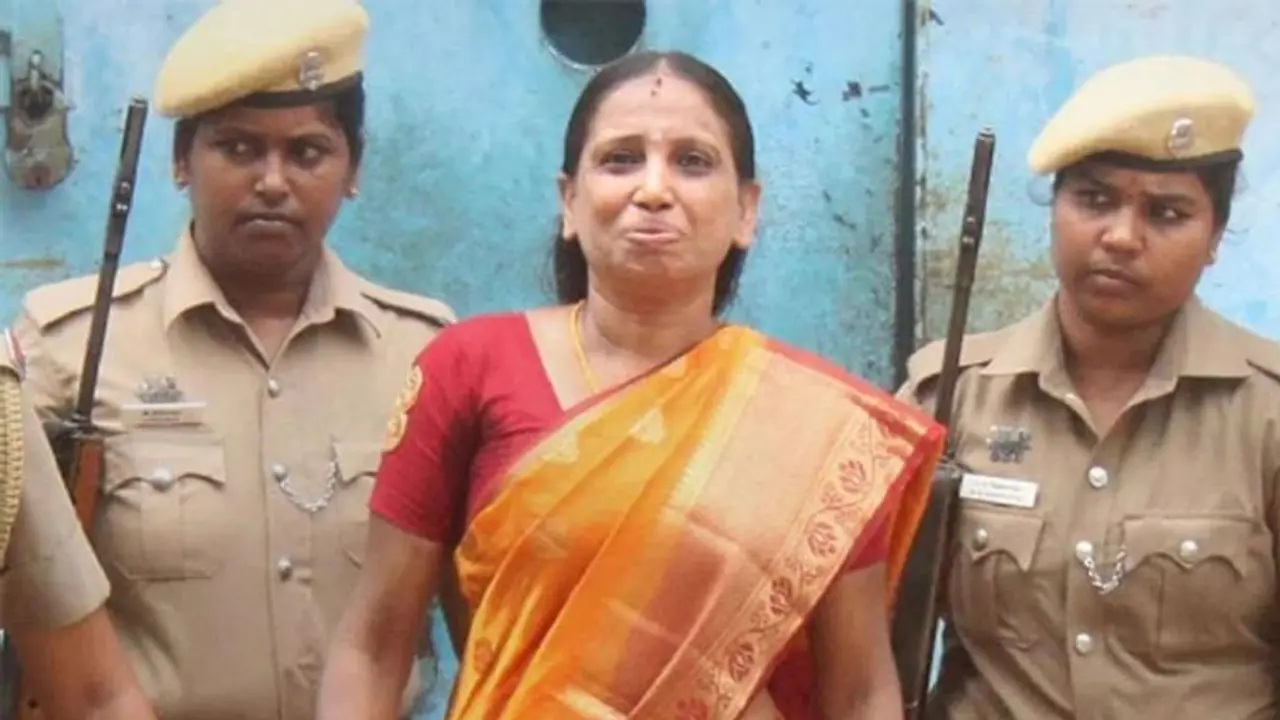The bench also noted that the Tamil Nadu cabinet had recommended their release on September 9, 2018, and this opinion will be binding on the Governor before whom the convicts had filed remission pleas.
The Supreme Court on Friday (November 11) ordered to set free all six convicts facing life imprisonment in the Rajiv Gandhi assassination case. The order included the release of Nalini, PR Ravichandran, Robert Pias, Suthendraraja, Jaykumar and Sriharan.

The bench comprising justices BR Gavai and BV Nagarathna passed the order while taking into consideration the case of AG Perarivalan, another convict in the case, who was released in May this year invoking its extraordinary power under Article 142 of the Indian Constitution.
The bench also noted that the Tamil Nadu cabinet had recommended their release on September 9, 2018, and this opinion will be binding on the Governor before whom the convicts had filed remission pleas.
With this, here are 7 things you need to know about the case:
1. Former Prime Minister of India Rajiv Gandhi was killed on the night of May 21, 1991 at an election rally in Tamil Nadu's Sriperumbudur by a woman suicide bomber, identified as Dhanu. Fourteen others, including Dhanu herself, were also killed in the incident.
2. Dhanu was a member of the Sri Lankan Tamil separatist organisation Liberation Tigers of Tamil Eelam (LTTE). The incident was caught on camera by a local photographer, Haribabu, who also died in the blast.
Also read: Gujarat Election 2022: Congress names 21 sitting party MLAs in its second list of candidates
3. The decision to kill Gandhi was taken over his interview to a magazine where he stated that he would send the IPKF to disarm the LTTE if he returned to power. Gandhi also defended the signing of the Indo-Sri Lanka accord in the same interview. The LTTE decision to kill him was perhaps aimed at preventing him from coming to power again.
4. In 1998, Rajiv Gandhi's assassins were sentenced to death by a TADA court. In 1999, the Supreme Court upheld the death sentence for only four: Nalini Sriharan, Murugan, Santhan, AG Perarivalan. Nalini's death sentence was commuted to life imprisonment in 2001 on the consideration that she has a daughter.
5. In 2014, the Supreme Court also commuted the death sentence of Perarivalan to life imprisonment along with those of Santhan and Murugan on grounds of delay in deciding their mercy petitions.
6. In May 2022, the top court had invoked its extraordinary power under Article 142 of the Constitution, and ordered the release of Perarivalan, who had served over 30 years in jail. Under article 142, the top court may issue any verdict or order necessary to provide "complete justice".
7. On September 26, the Supreme Court had asked the Centre and the Tamil Nadu government to submit their replies on a plea filed by Sriharan and Ravichandran seeking premature release.
